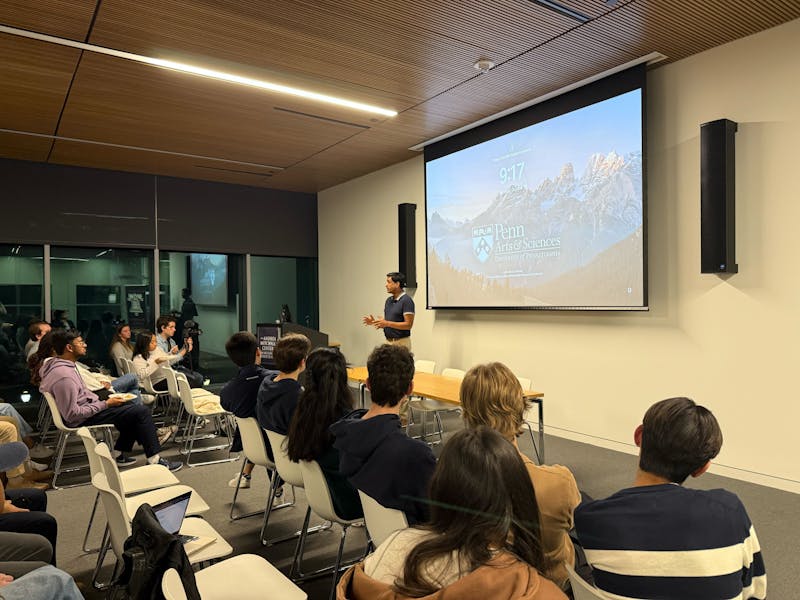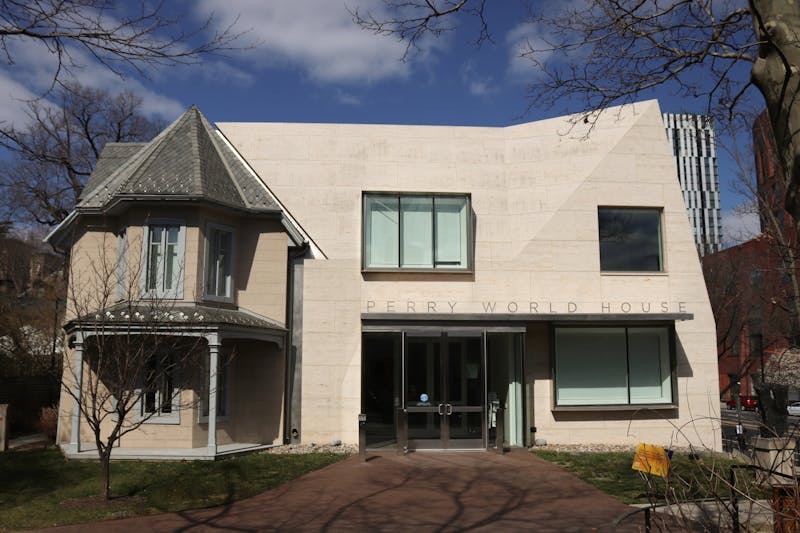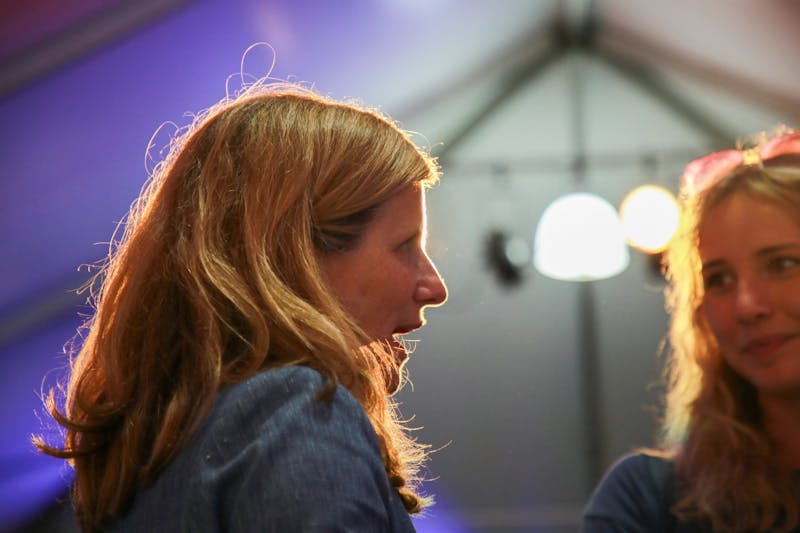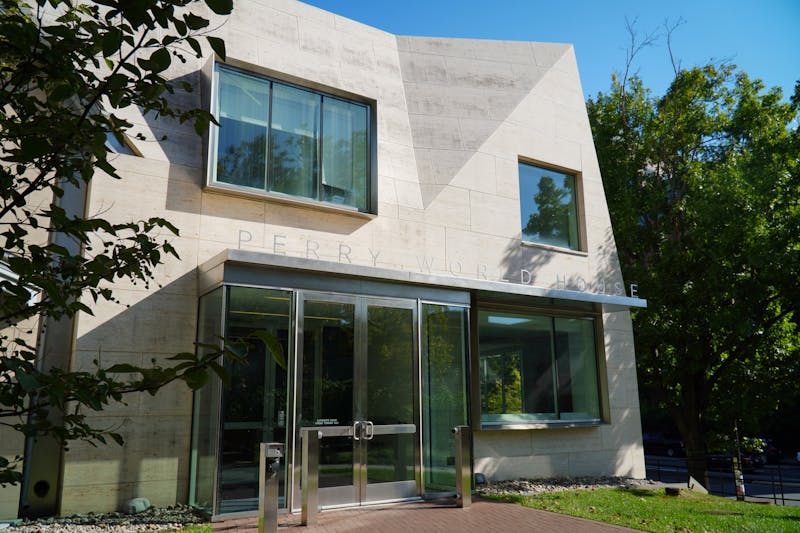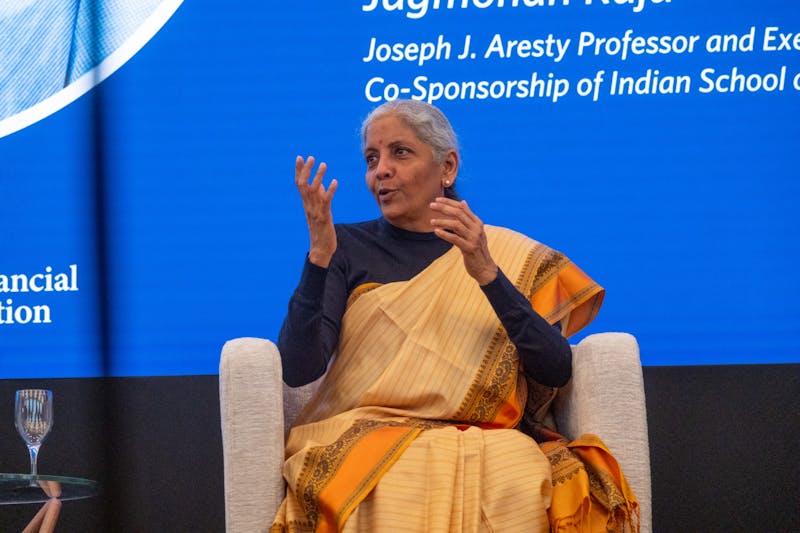
Ten Penn academic departments and research centers co-sponsored a symposium on the history of voting at the ARCH building on Oct. 18.
The event — titled “A More Perfect Union: Histories of Voting in America” — featured presentations by faculty members from various institutions, with Penn professors moderating. Around 30 Penn students and faculty members attended the duration of the five-hour symposium, which ended with a student panel.
Penn's History department, the Andrea Mitchell Center for the Study of Democracy, and Penn Migration Initiative were among the co-partners organizing the event. Guest faculty speakers came from the Virginia Military Institute, the University of Connecticut, Princeton University, and Cornell University. The presentations were organized chronologically, covering historical periods from the 18th to the 20th centuries.
The conference highlighted the history of enfranchisement and the systemic barriers that have prevented people from exercising their right to vote. Speakers focused their discussions on a variety of communities, including Chinese-Americans and Black women.
Penn history professors Hardeep Dhillon and William Sturkey co-hosted the event.
“We really wanted to center the political and legal history of voting in the United States," Dhillon said in her opening remarks. "This helps students understand the ongoing debates about access to voting, voter suppression, fraud, and registration."
During their sessions, Virginia Military Institute history professor Mark Boonshoft and University of Connecticut history professor Manisha Sinha highlighted the unique political concerns of students at their institutions.
Boonshoft noted that at a military institution, his students’ political concerns “feel more like life-and-death” than among average young voters. Sinha, who teaches at a public state university, said that her students were “more engaged in local and state politics” on issues regarding university funding.
Princeton history professor Beth Lew-Williams, who directs the University's Program in Asian American Studies, spoke for a session titled "Disenfranchisement and the Fight for Chinese American Suffrage," followed by Cornell history professor Julilly Kohler-Hausmann on "Purging the Electorate."
The student panel, moderated by Sturkey, included representatives from on-campus political groups such as Penn Leads the Vote, Penn Democrats, and Penn for Immigrant Rights. They addressed how to increase voter turnout and shared their personal involvements in election-related issues at Penn.
A major topic during the panel was the influence of young voters on elections and voter turnout. Both student and faculty speakers spoke to the political interests of Generation Z, and many guest speakers pointed out the variations in these interests depending on the institution.
“Penn itself has a student population that has been involved in voter registration campaigns both in terms of the larger Philadelphia community and also here on campus, and it is inspiring to see that work,” Dhillon said.
The Daily Pennsylvanian is an independent, student-run newspaper. Please consider making a donation to support the coverage that shapes the University. Your generosity ensures a future of strong journalism at Penn.
Donate







